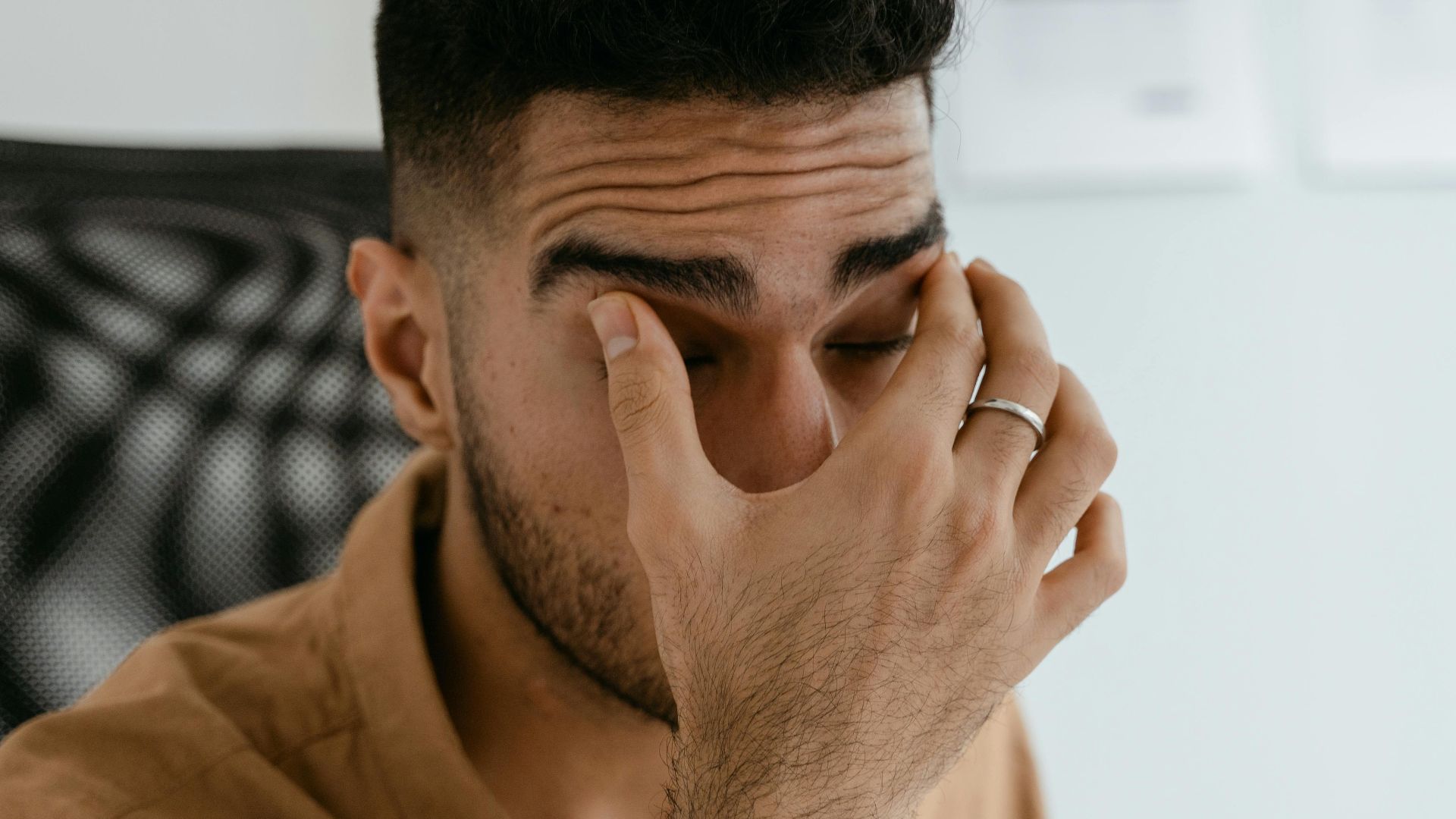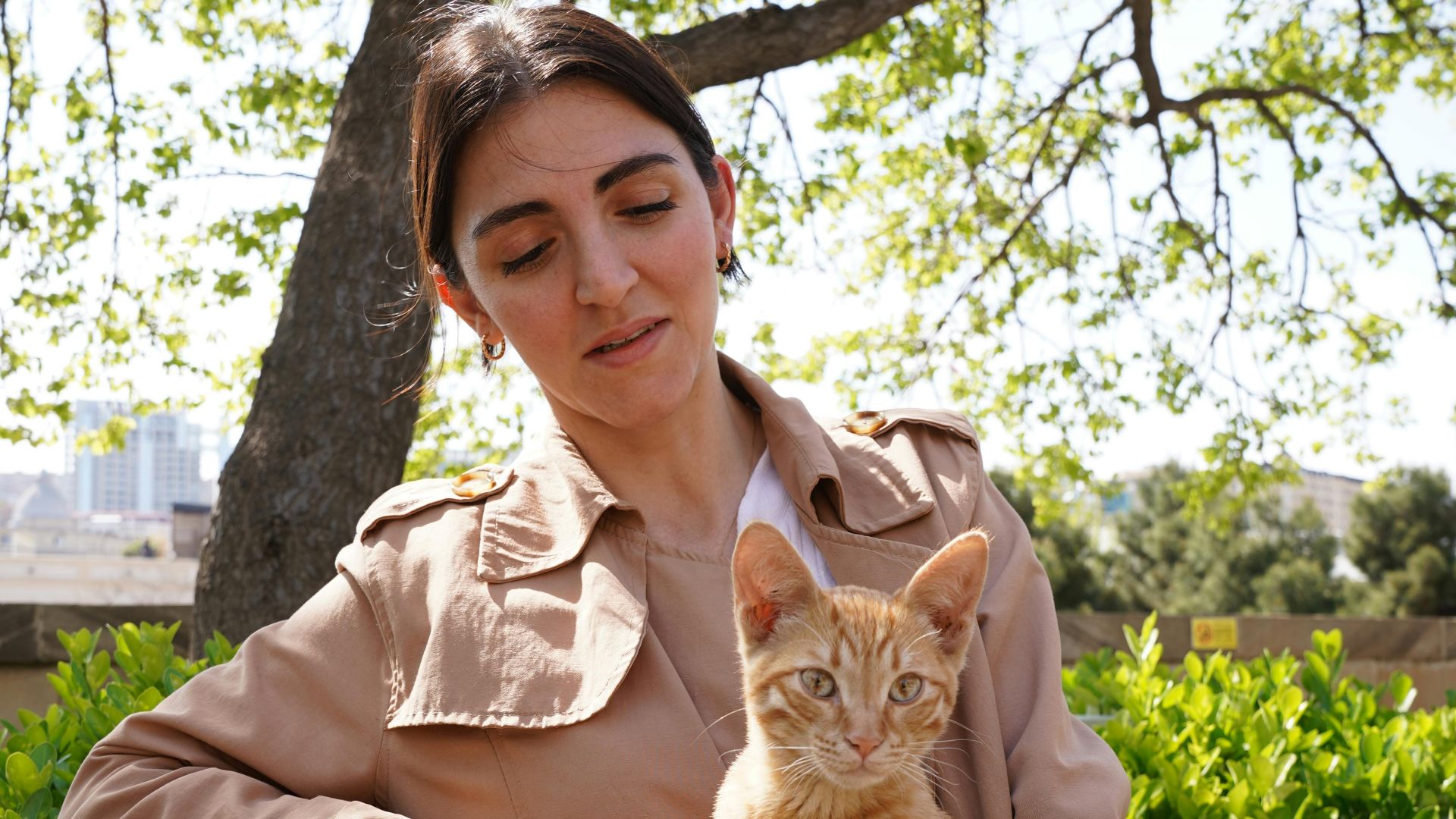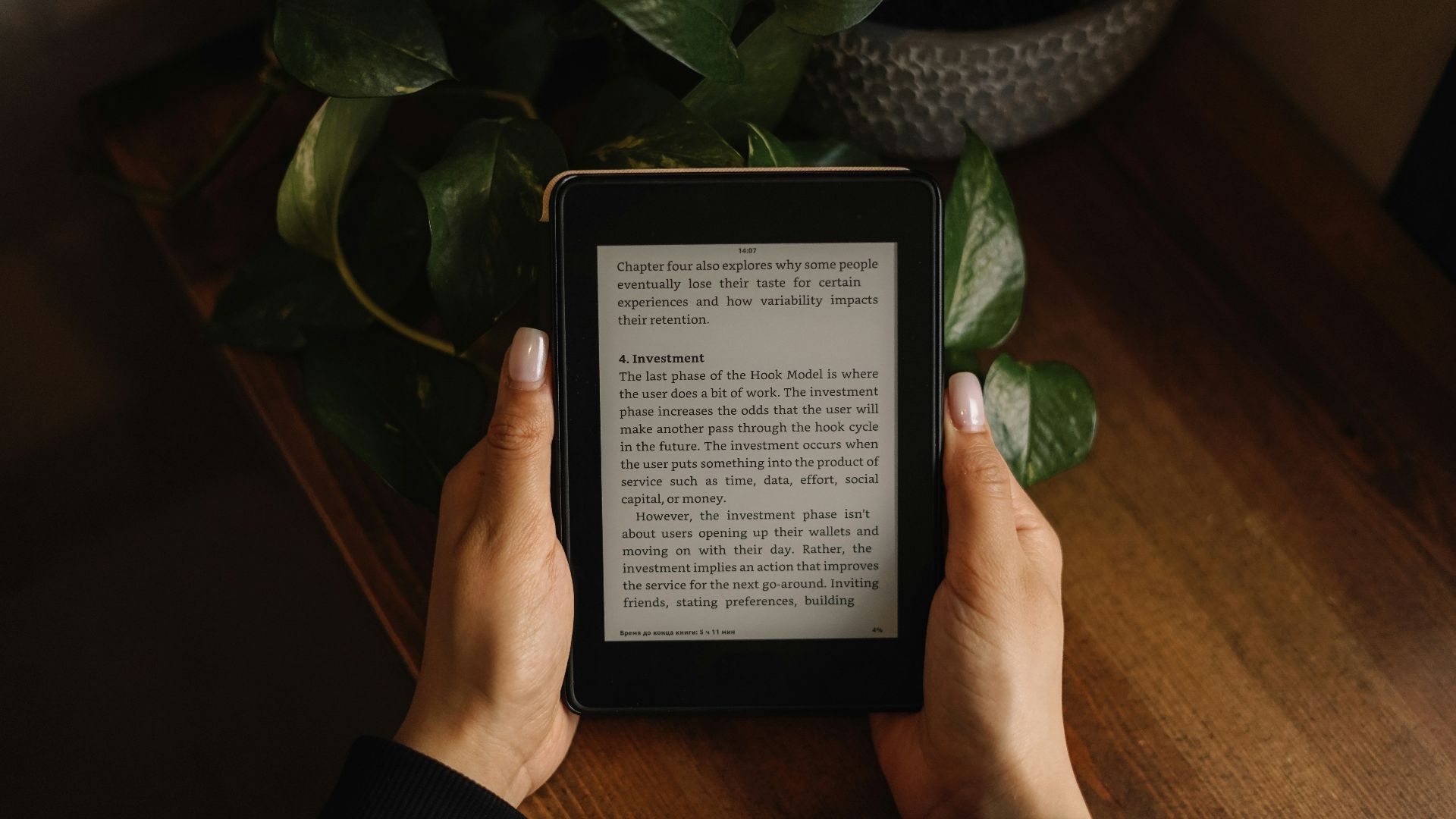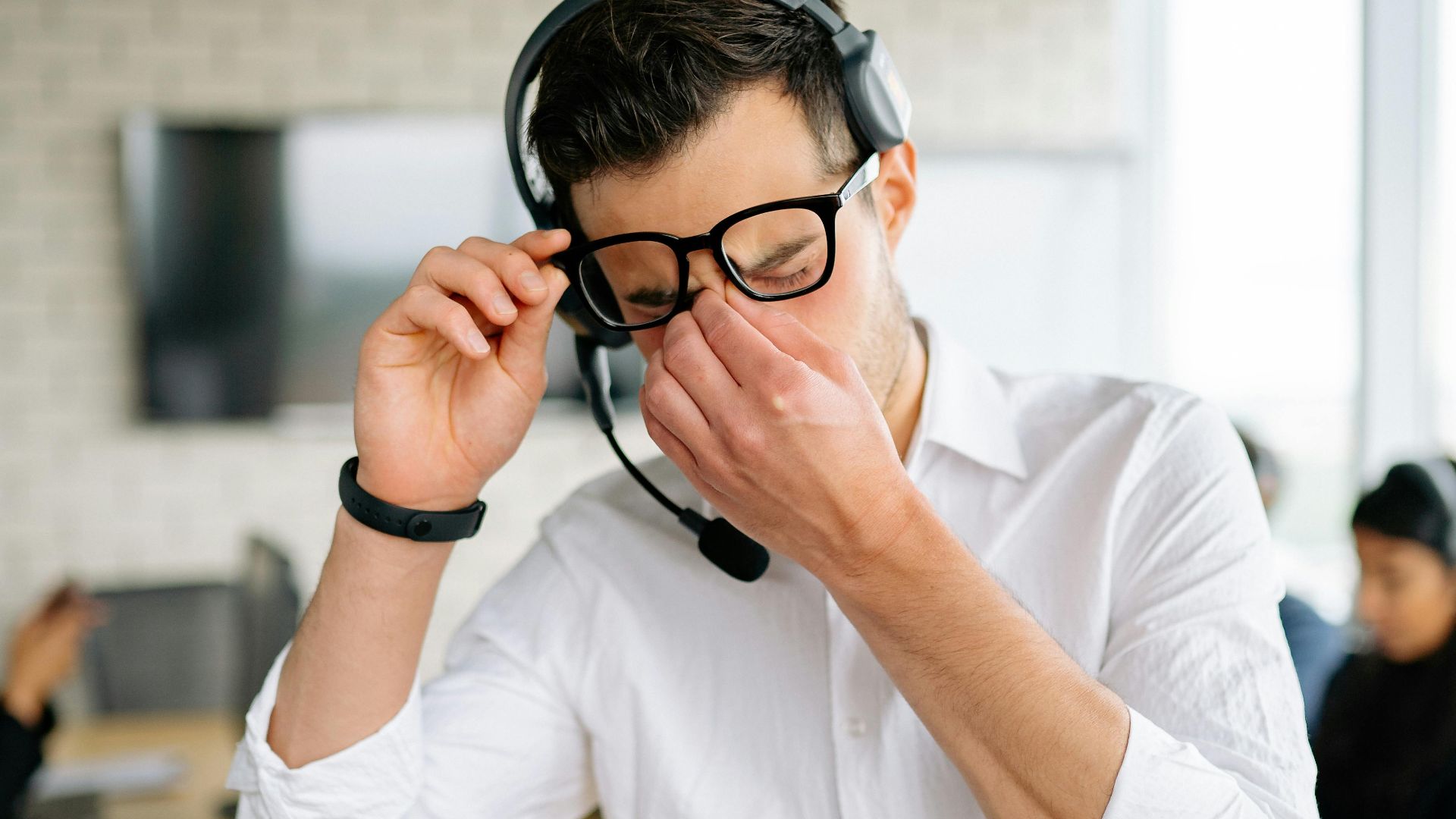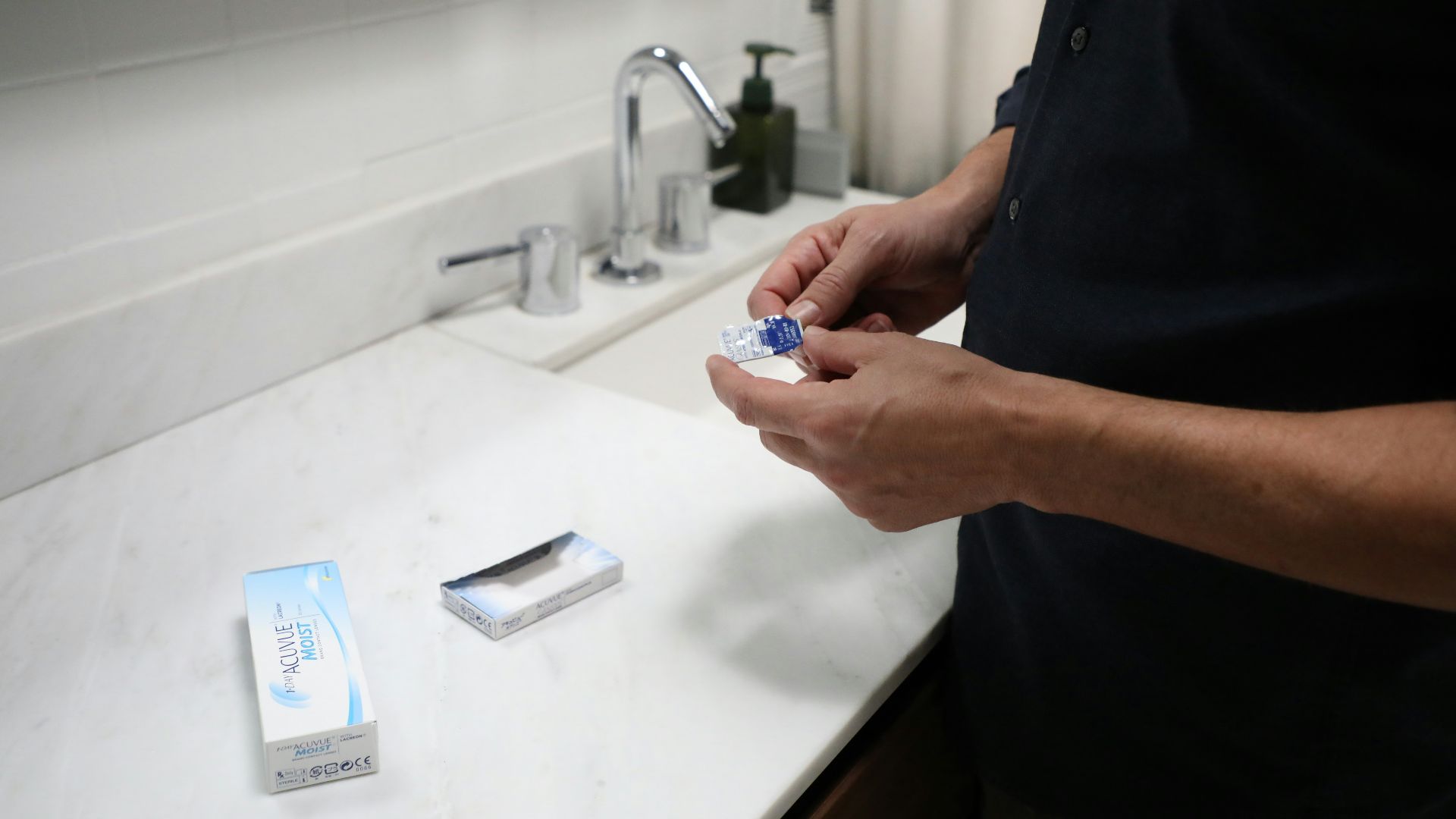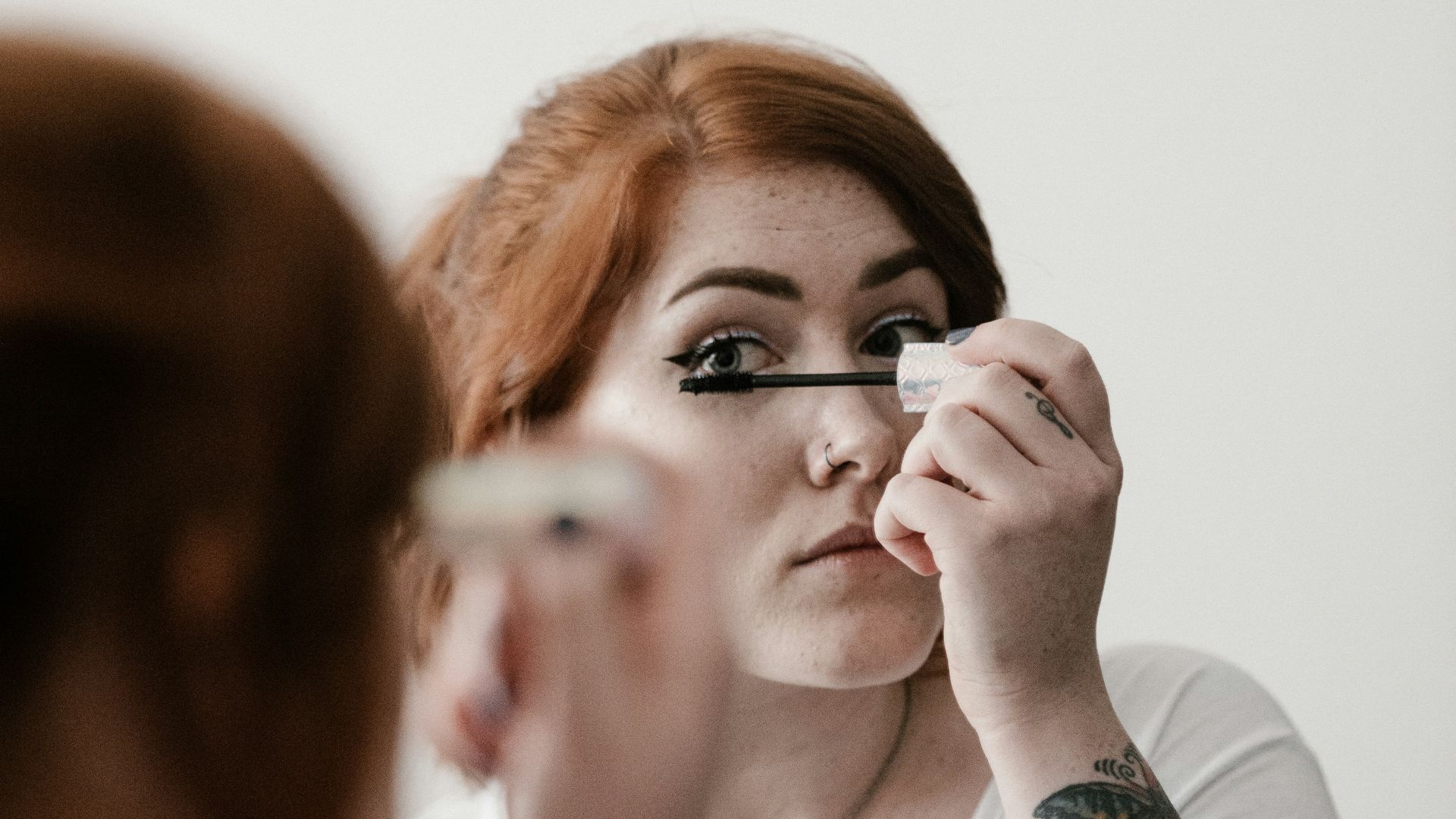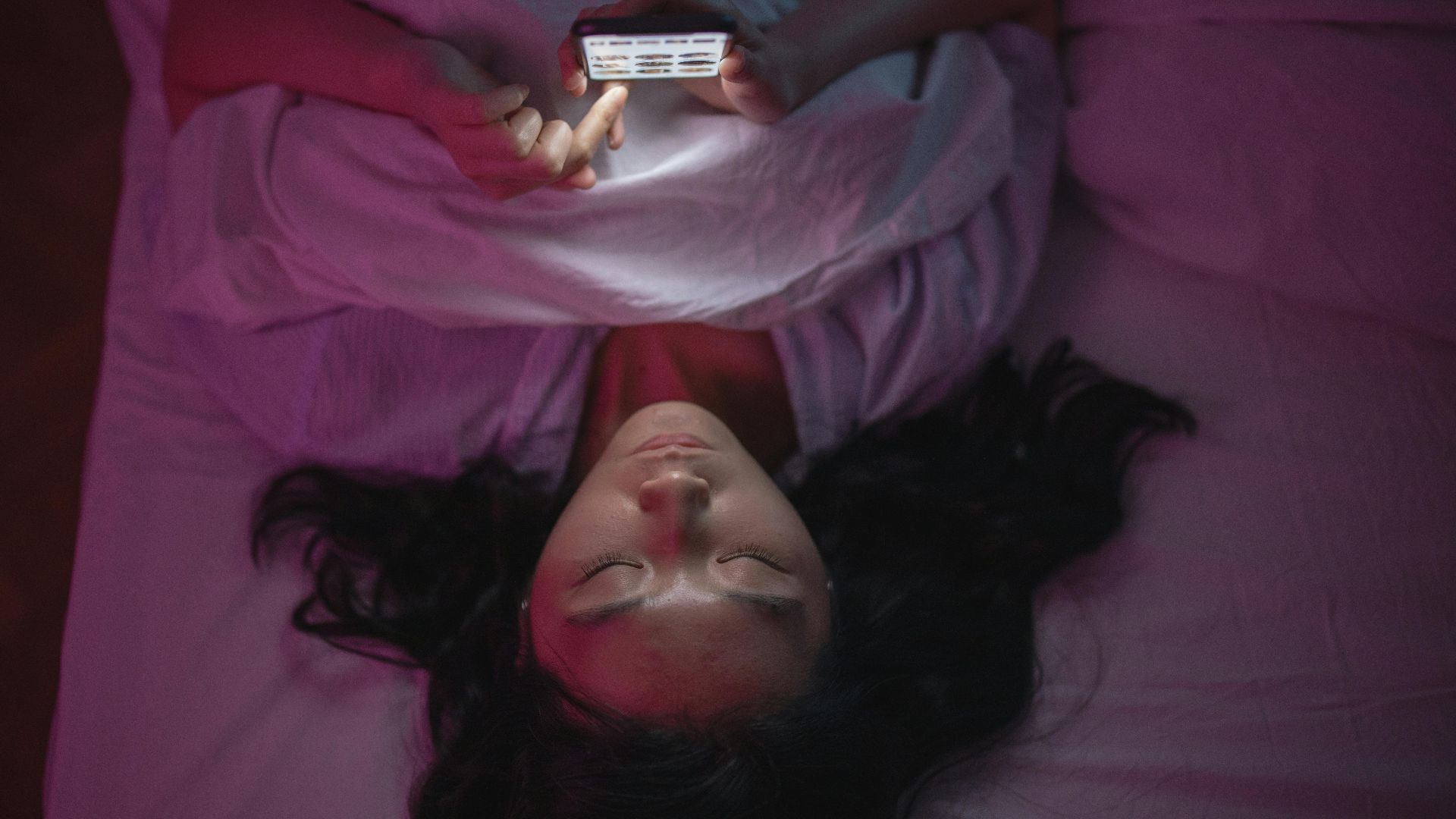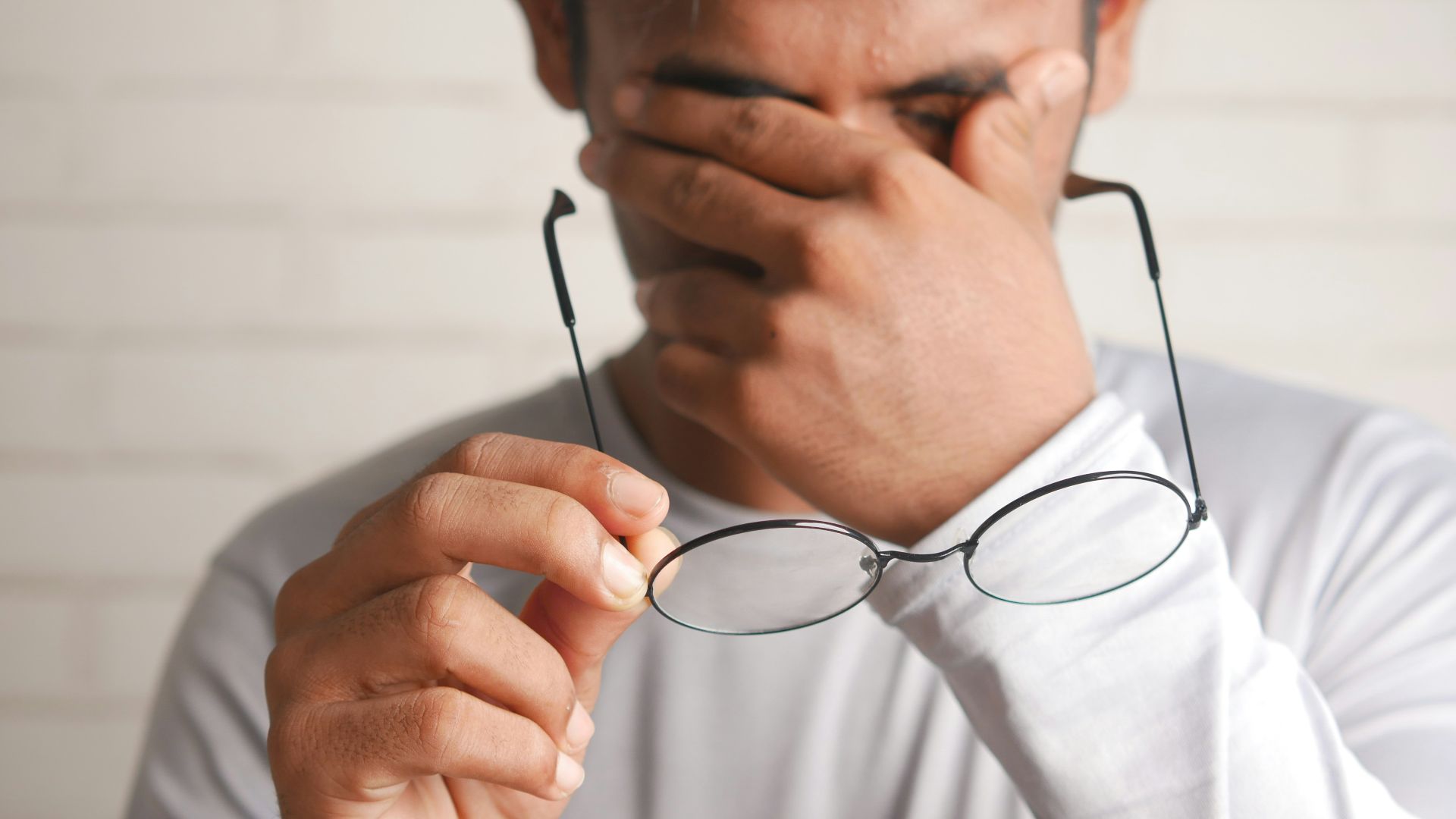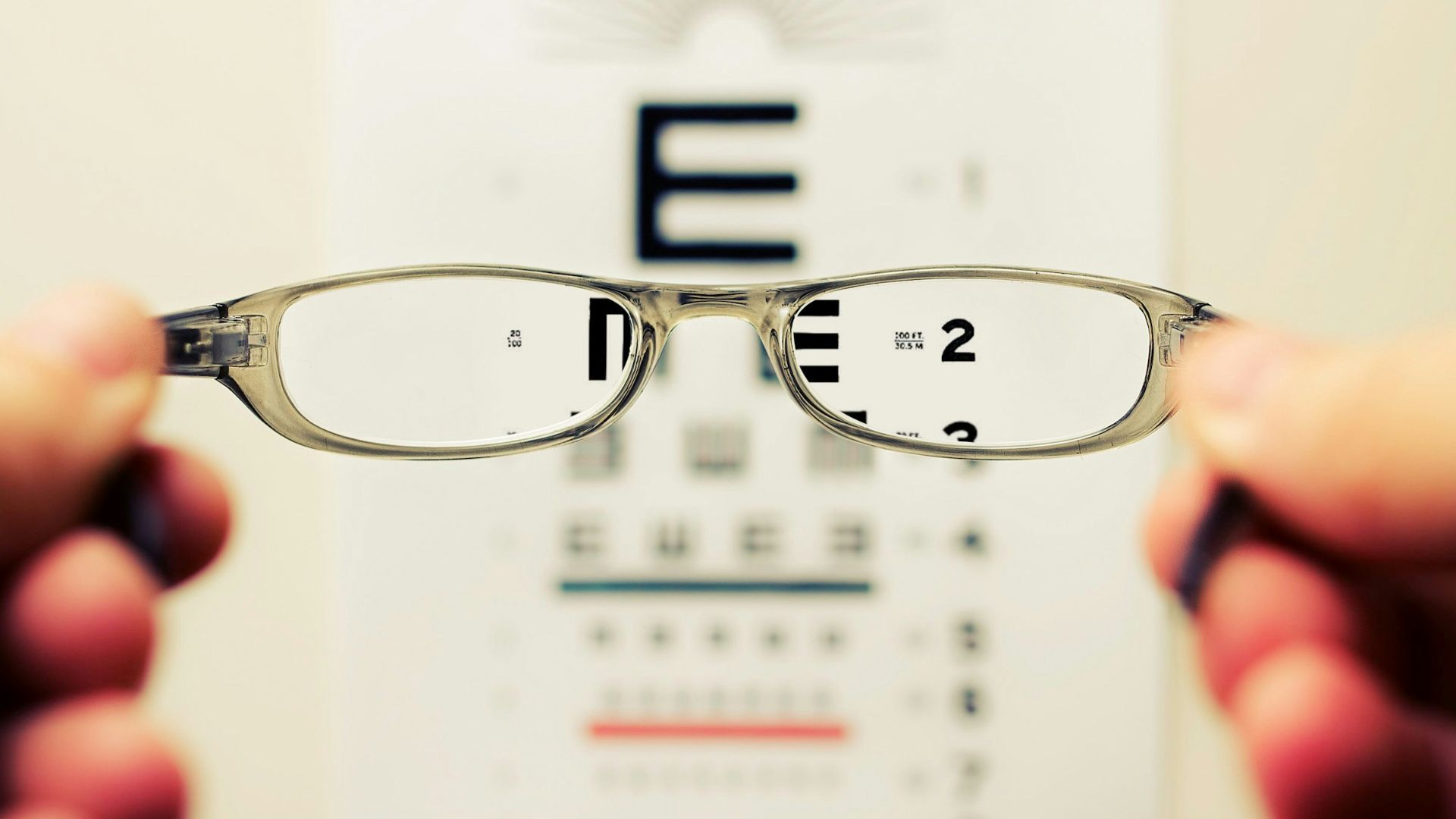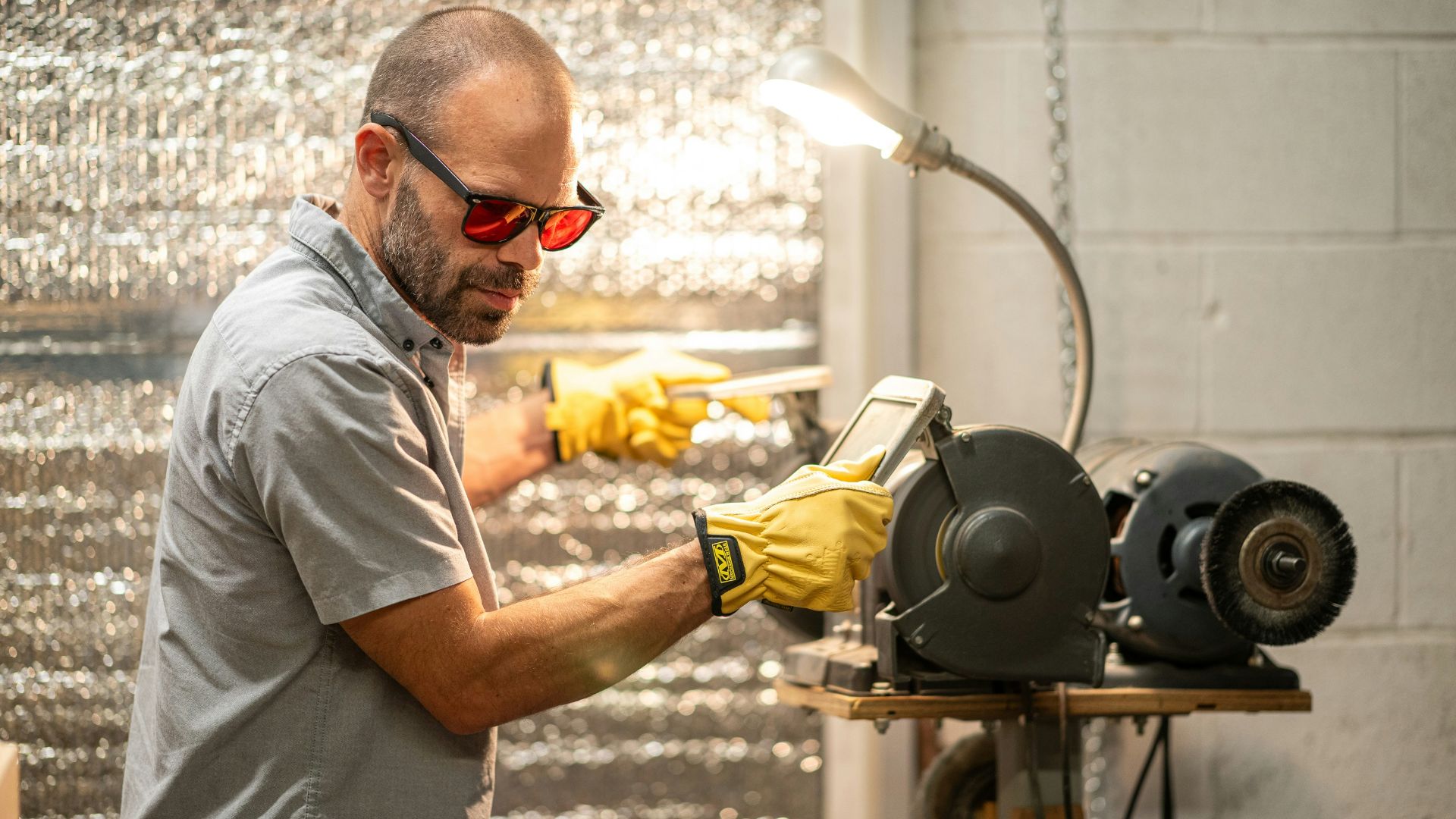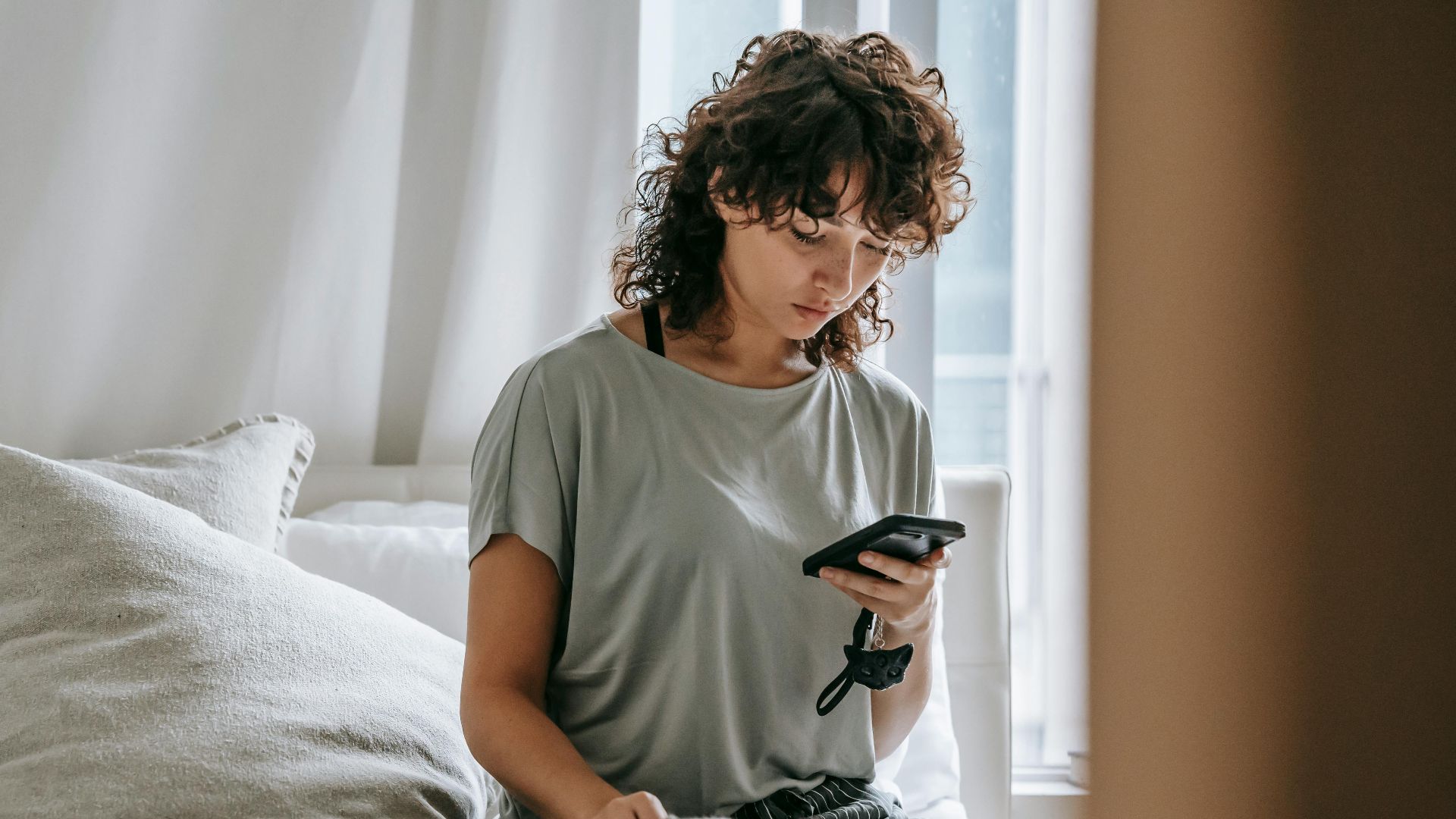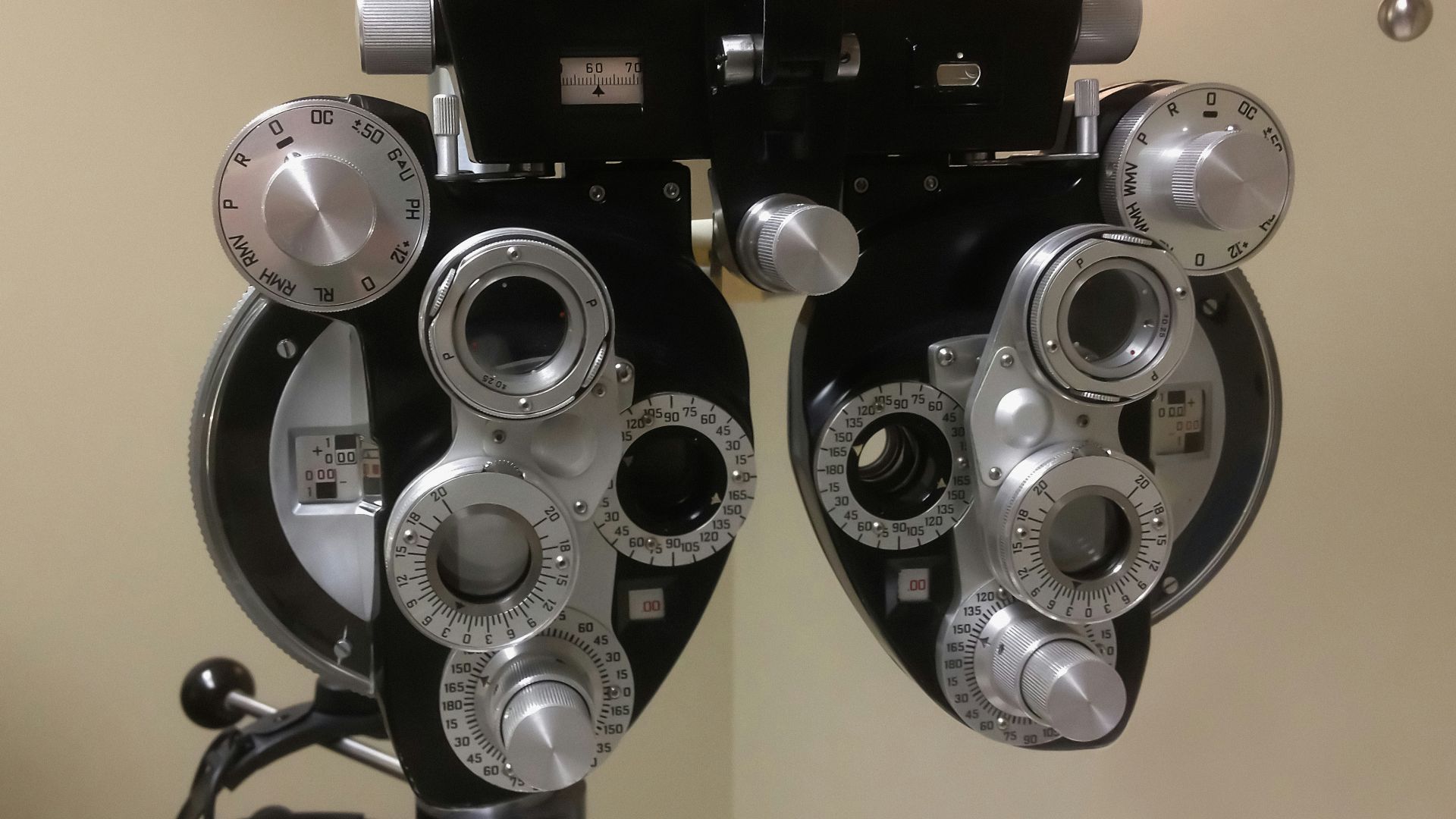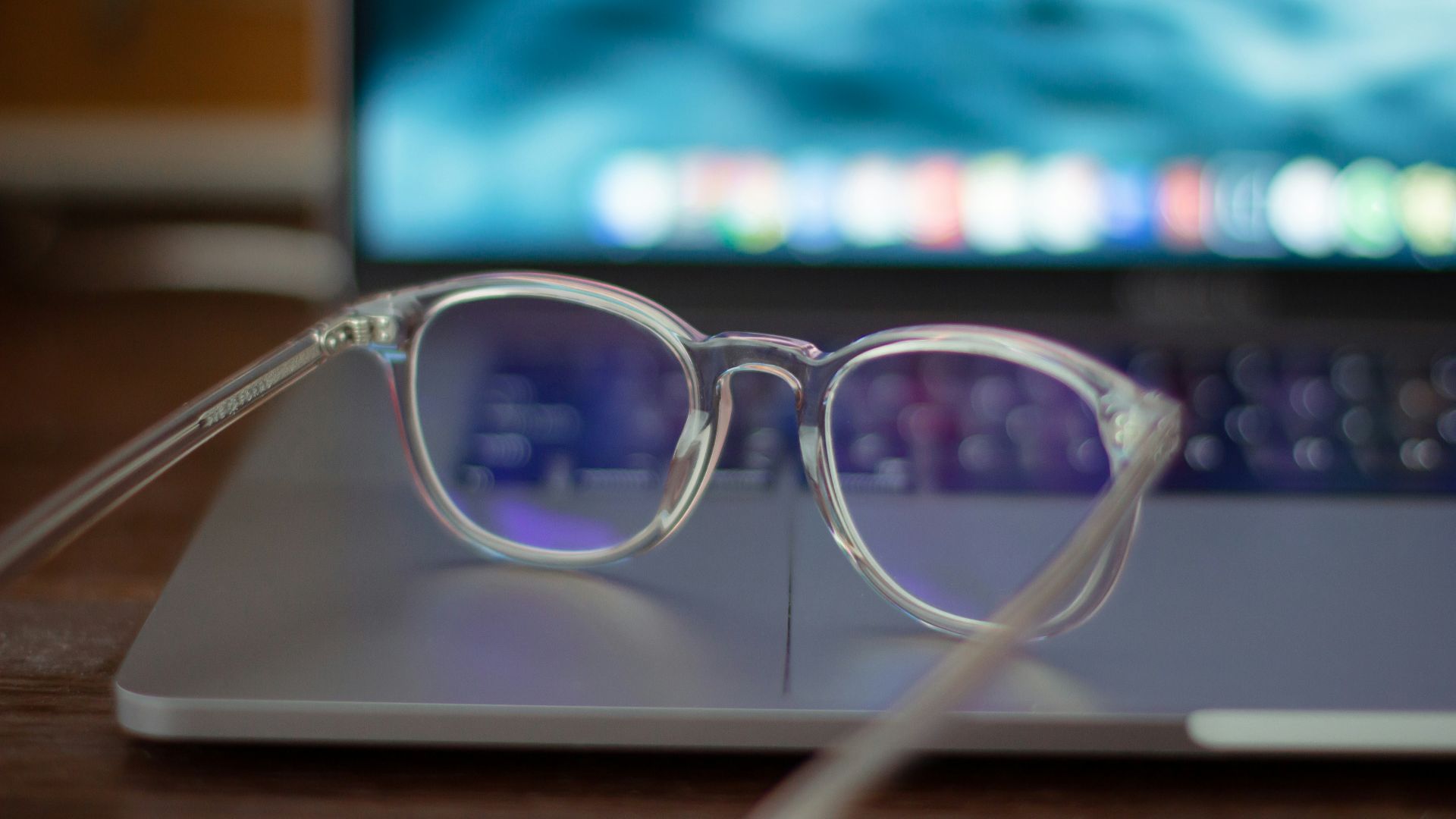Don’t Turn a Blind Eye to Your Health
Healthy vision is much more than carrots and regular exams—it’s about diligent care. We don’t often think about the strain we cause, but it’s time we opened our eyes to the habits that cause serious damage! Come with us as we explore the biggest no-nos and some of the best remedies for year-round health.
1. Smoking
We already knew about the dangers of smoking, but it affects more than your heart and lungs. When you light up, you increase your risk of cataracts and age-related macular degeneration, a condition that affects vision in the center of your eye.
2. Not Wearing Sunglasses
That beautiful summer’s day can turn dangerous without the right protection. Our eyes deserve just as much care as our skin, so UV protection is a must. The right sunglasses prevent eye strain and even long-term conditions like skin cancer.
3. Staring at Screens Too Long
Have you ever rubbed those tired eyes after a long day at work? Well, first of all, don’t do that either! But second of all, screen strain is a real problem, often caused by prolonged exposure to blue light. We can’t always help staring at a computer screen, but blue light also comes from your phone and e-readers, so stay vigilant outside the office.
4. Frequent Rubbing
It doesn’t seem like a big deal to rub your eyes. You’ve probably done it without thinking—but you might want to start thinking about it because frequent rubbing can damage your eyes! That innocent little gesture can hurt our cornea, worsen allergy symptoms, and even pop a blood vessel if you aren’t careful.
5. Sleeping With Contacts
We know it’s a pain to remove your contacts before bed. However, passing out with those suckers results in more trouble than it's worth. Read the packaging and adhere to its longevity exactly; sleeping with contacts results in a greater risk of infection and can impact your vision.
6. Not Removing Eye Makeup
Eye makeup can be a pain. Some eyeliners won’t budge, won’t smudge, and won’t come off without a special remover (that probably costs a fortune). As annoying as it can be, removal is crucial for eye health—without it, you’re looking at infections and irritation. You should also replace mascaras and brushes every few months to avoid bacteria!
7. Poor Sleep Habits
Okay, so we know what to remove before we sleep. But what about the sleep itself? Believe it or not, poor sleep impacts the eyes more than you think. Insufficient Zs causes anything from dry eyes to blurry vision, so make sure to get at least seven hours of rest every night. While we're on the subject, put your phone away before bed, too!
8. Unproven Home Remedies
Hey, we get it—not everyone trusts OTC medication. But before you stick just any old remedy in your eyes, consult with your doctor first. The last thing your sensitive eyes need is an unproven home remedy that causes even more damage.
9. Overusing Eye Drops
Eye drops are a great way to refresh your peepers…when administered correctly. Just like any remedy, they can also be overused. One too many drops could easily cause blurry vision, irritation, and excessive tearing, so don't rely on them too much.
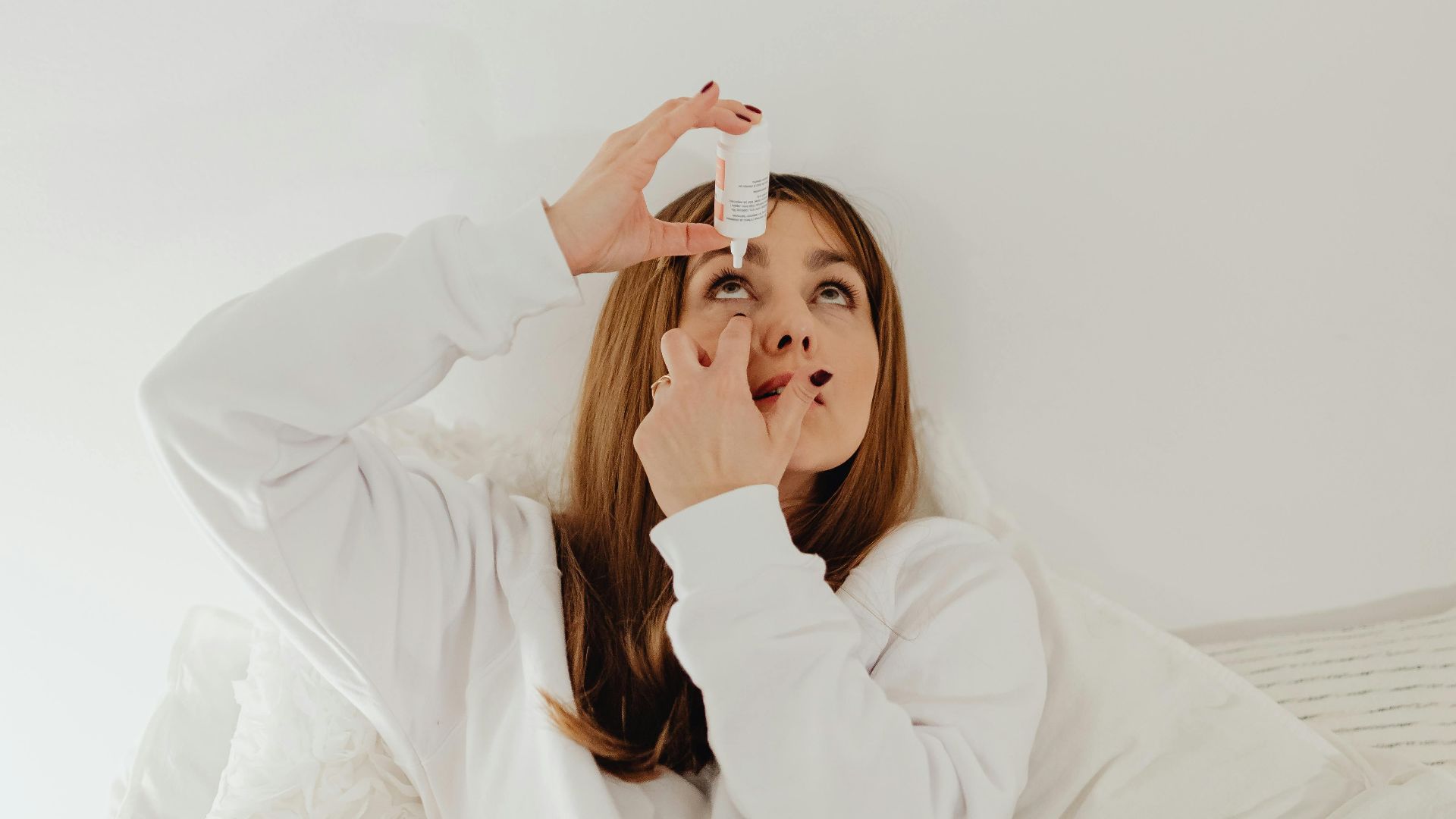 Photo By: Kaboompics.com on Pexels
Photo By: Kaboompics.com on Pexels
10. Wearing Dirty Lenses
Clean lenses mean clean hands! It’s one thing to squirt a little solution into the case, but doing so without a prewash exposes you to bacteria. To keep dirt and oil away from your lenses, stick with an antibacterial soap.
That said, proper care is more than just a good night’s sleep. It’s time we saw eye-to-eye on how to keep yourself healthy!
1. Get Regular Eye Exams
You won’t see far without regular eye exams. Most middle-aged adults can get away with one every two years, but seniors over 65 should aim for annual visits. Even if everything’s fine, it’s better to get a clean bill of health than wait for any problems.
2. Eat a Balanced Diet
A good diet benefits every part of our body—including the eyes. The right vitamins and omega-3 fatty acids promote better health as we age; stick with carrots, leafy greens (especially superfoods like spinach and kale), and fatty fish. Trust us, your eyes will thank you.
3. Time a Time-Out From Screens
It’s tempting to stay glued to your desk, but that mentality puts a big strain on your eyes. Short, frequent breaks give your eyes the time they need to reset; you’ll spare yourself the irritation and won’t have to worry about dryness. It’s also a good idea to invest in hobbies that encourage time away from screens: reading physical books, walking, and even audiobooks can provide what you need without issue.
4. Wear Protective Gear
We’re not just talking about sunglasses. We’re talking about protective gear when you clean your car, when you’re in the pool, and during high-impact sports. Safety glasses prevent debris from getting into your eyes—and can save you from serious injury.
5. Adjust Screen Settings
So, you work on a computer all day. How on earth are you going to avoid screens? If you can’t distance yourself from technology, you can at least keep blue light at bay. Adjust your devices’ brightness by switching to night mode! You’ll experience much softer lighting and won’t put as much strain on your eyes.
6. Don’t Ignore Glaring Changes
Pop by your doctor’s office if you notice anything different with your eyesight. A change in prescription or persistent pain could spell trouble if you ignore the problem, so consult with a professional just in case.
7. Stay Hydrated
You’re probably sick of hearing about hydration, but it’s crucial for overall health! Keep that bottle handy—hydration improves tear production and can help reduce inflammation, making it a vital addition to your routine.
8. The 20-20-20 Rule
Looking to reduce eye fatigue? Say hello to the 20-20-20 rule, a simple exercise that pulls focus from harmful blue light and resets your eyes. Every 20 minutes, focus on an item 20 feet away for 20 seconds. That’s it! It’s a quick fix that promotes relaxation and fights eye strain.
 Photo By: Kaboompics.com on Pexels
Photo By: Kaboompics.com on Pexels
9. Regular Exercise
It’s not that exercise directly impacts the eyes, but it does decrease the risk of high blood pressure and diabetes—two conditions that impact sight. When you keep your body healthy, you keep dangerous concerns at bay. Think of it as a ripple effect!
10. Know Your Family History
Does your family have a history of glaucoma or cataracts? Knowing what to look out for can help you prepare for problems down the road. Inquire with family members and keep an eye on any health concerns; you might not have to deal with them, but it’s good to stay ahead of the game.
KEEP ON READING



